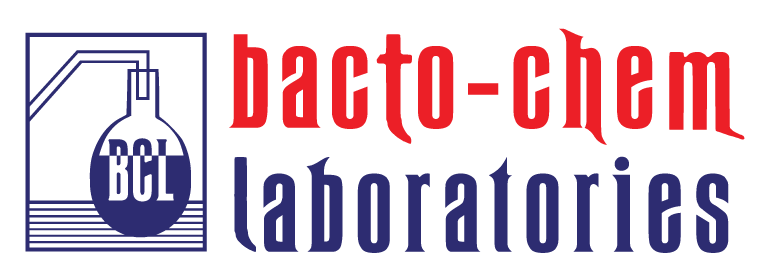Ursodeoxycholic acid
Ursodeoxycholic acid is a medication used in the management and treatment of cholestatic liver disease. It is another derivative of cholic acid that is used in treatment of various gastric aliments in patients.
The use of ursodeoxycholic acid (UDCA), also known as ursodiol, in treating liver disease dates back more than a hundred years when it was first employed in traditional Chinese medicine by herbalists and physicians alike. Before discovering its effectiveness in dissolving gallstones, its primary use was as a liver tonic. Today, there is extensive evidence suggesting that UDCA is beneficial in various types of liver pathology. However, the greatest amount of data still points to its therapeutic effect in treating gallstone disease. It has a melting point of 203 ºC and solubility in water Is at 20mg/L.
Gallstone disease is a common and exceedingly costly digestive disorder if considering the number of hospital admissions and cholecystectomies performed in the United States annually. It is a complex disorder where both genetic and environmental factors contribute to the susceptibility of the disease. The primary non-invasive treatment for cholesterol gallstones is oral litholysis with bile acids. UDCA has been shown to decrease the biliary cholesterol saturation markedly and has found use as an alternative to cholecystectomy in patients with gallstone disease. Biliary sludge is considered to be another therapeutic target of UDCA therapy. It’s an occurrence commonly precipitated by rapid weight loss, pregnancy, and total parenteral nutrition. A clinical study in which patients with idiopathic acute pancreatitis attributed to microscopic gallstones or biliary sludge showed complete resolution of gallbladder microlithiasis after UDCA treatment, demonstrating its therapeutic effect.
UDCA is commonly used to treat patients with primary biliary cholangitis (formerly known as primary biliary cirrhosis), an immune-mediated cholestatic liver disease characterized by the destruction of intrahepatic bile ducts. UDCA is the only drug approved by the U.S Food and Drug Administration to treat primary biliary cholangitis. Studies suggest that UDCA can significantly delay the progression of liver cirrhosis in patients with early stages of PBC. In one study, the probability of remaining free of extensive fibrosis or cirrhosis after UDCA treatment was 76% and 61% after being treated for 4 and 8 years, respectively. Similar results have been observed in other case-control studies as well.


